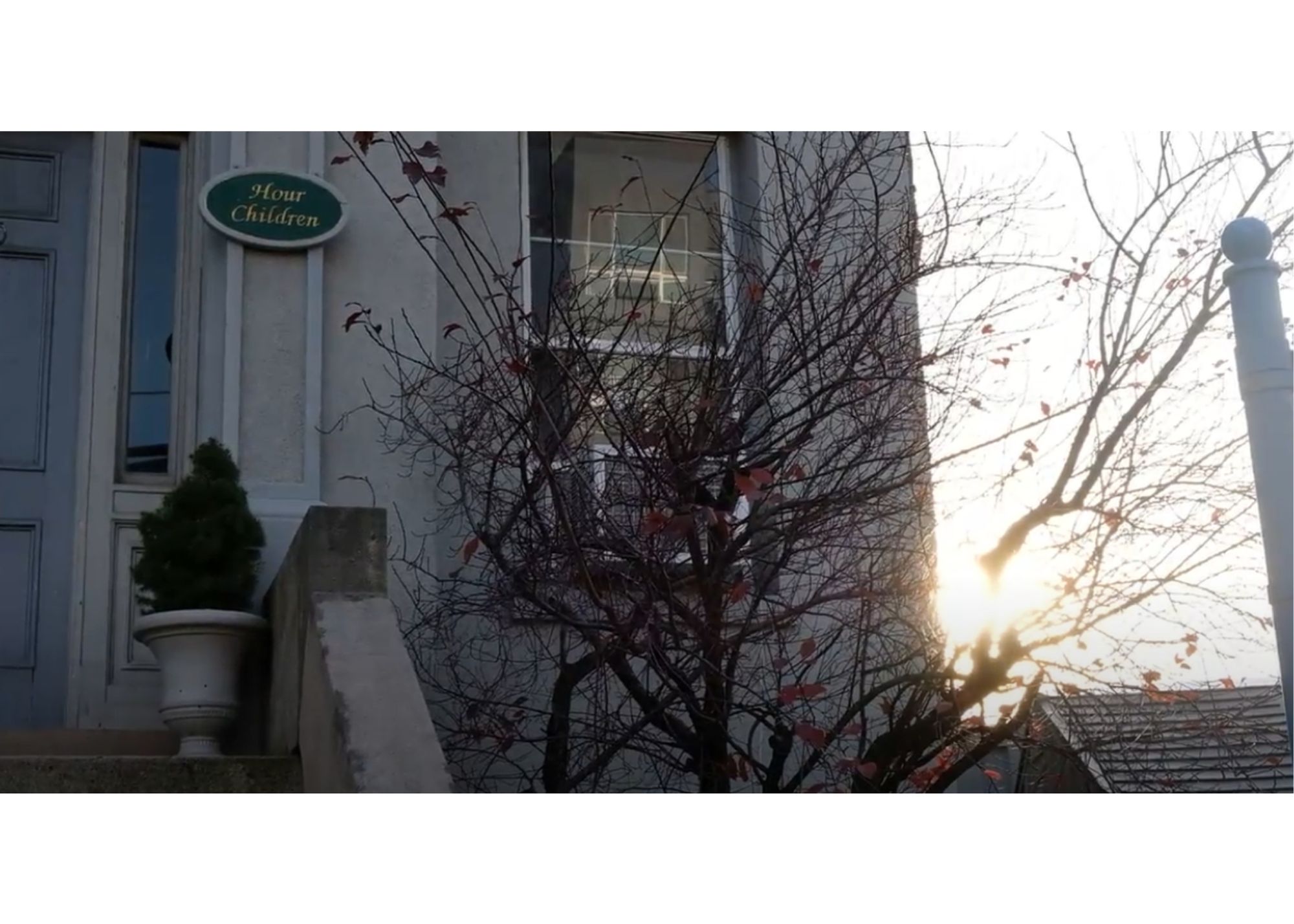
Welcome to the Table: Supportive Housing
My Mother’s House and Astoria House are often one of the first places people visit when they come to Hour Children after incarceration. Both serve as supportive, communal housing that prioritizes community and routine. Safe, affordable housing is crucial for people in the re-entry process, however, the systems in place create barriers to people being released, making it hard for them to find a place to live. Hour Children operates six housing units across the borough of Queens. We also offer housing at two permanent residences run by New York State’s ESSHI (Empire State Supportive Housing Initiative) program.
Astoria House is home to Hour women, transgender people, and their families. Residents enjoy communal breakfasts, barbecues, group excursions, movie nights, and various meals together. “Astoria House is a home and a safe haven for these ladies,” says new House Manager Tamieka Pearson. “Although I’ve only been with the Hour Children organization for a short time, I’ve seen the abundance of support, motivation, love, dedication, and appreciation.” Kamelita Mathura, former House Manager of Astoria House and now the Employment Services Counselor at Hour Workforce Re-Entry Program, organized trips to Rockefeller Center, MoMA, the mall, and restaurants. All residents have chores and contribute food to the house. “Everyone helps everyone so much in that house,” says Mathura. “They have each other’s back.” She sung their praises as she described their commitments to each other and how they lift each other up.
My Mother’s House, Hour Children’s first supportive housing location, also is home to women, transgender people, and their families coming home from incarceration. The house is a structured living environment that includes personal chores, shared chores, a curfew, and community activities. Movie nights and exercise groups create bonds and community within the house. Kids play on the playground, in the playroom, residents relax in the community room, cook in the large kitchen, and eat at the big dining table.
Tamanika Evans, the House Manager of My Mother’s House, is the backbone of the house and provides assistance to the families living there. “All the women come together and look out for each other. They help each other take care of the kids and they are there for each other. It’s like creating your own community or, I like to say, your own family,” says Evans, “It’s very important because so many of us lived without family for such a long time. When we come together and experience family again – it’s just amazing for them.” Tamanika notes that the re-entry process is a difficult one, but with this communal living model, so much support is given in that journey. “I want to show the ladies that there’s nothing we can’t do and just to never give up and we can get there.”
The residents at both houses participate in the Hour Workforce Re-entry Program, where they learn skills to prepare them to re-enter the workforce. As residents come and go out of Hour Children housing, they are always welcomed with open arms. “It’s indescribable,” says Kamelita, describing the gatherings to welcome new residents to the house. Sometimes residents will stay up very late to give the new person food and to say hello. Each and every person, no matter their age, places an integral part in Hour successful community.
Your donation to the All are Welcome at the Table Campaign will ensure that Hour Supportive Housing remains an essential component of Hour families’ success.

No Comments